Quem somos
Somos uma das maiores biorrefinarias do Brasil. Contamos com um modelo de negócio que permite a transformação de matérias-primas renováveis e de seus resíduos em biocombustíveis, energia limpa, saneantes, alimentos, fertilizantes orgânicos e ingredientes para nutrição e saúde animal.
Estamos localizados em Mato Grosso e temos como diretriz a maximização da sustentabilidade e a redução das emissões de carbono, a partir do processamento de biomassas.
Com mais de 40 anos de história, atuamos fortemente nas regiões Centro-Oeste e Norte do Brasil. Ao todo, possuímos cerca de 90 mil hectares de terras, dos quais mais de 40 mil são ocupados por cana-de-açúcar. Com um time de mais de 3.300 funcionários e importantes parcerias, atuamos em todas as etapas da cadeia produtiva, desde o plantio da cana-de-açúcar até o comércio, logística e distribuição do produto acabado.
Oferecer soluções eficazes no processamento sustentável de biomassa através de diversidade de bioprodutos e bioenergia renovável, em harmonia e respeito por funcionários, clientes, fornecedores, comunidade, meio ambiente e acionistas.
Ser a referência de excelência, inovação e eficiência em biorrefinarias, através do oferecimento de soluções completas e sustentáveis em bioprodutos e bioenergia renovável para o mercado.
-
O respeito como base de todos os relacionamentos;
-
O diálogo como partilha e confronto de ideias, na perspectiva da ampliação do conhecimento e do enriquecimento coletivo da cultura;
-
Preservar e respeitar os valores da “Declaração Universal dos Direitos Humanos” e das Constituições Federal, Estadual e Municipal;
-
Estabelecer canais de comunicação de forma aberta, honesta e objetiva, procurando sempre facilitar e agilizar o fluxo de informações;
-
Agir com transparência;
-
Atuar com agilidade e precisão;
-
Reconhecer a diversidade de opiniões, preservando o direito à liberdade de expressão;
-
Buscar a contínua melhoria de suas práticas, utilizando eficientemente os recursos disponíveis;
-
Repudiar o trabalho infantil;
-
Trabalhar com produtos e práticas de fabricação que visem eliminar e/ ou minimizar o impacto ambiental;
-
Respeitar a diversidade de sexo, idade, raça, cultura, orientação sexual e religião.
-
Respeitar a lei com Integridade e Ética;
-
Desenvolver pessoas, as quais são vitais ao nosso negócio, num ambiente de segurança e bem-estar com respeito a diversidade;
-
Ter o compromisso com um atendimento de qualidade;
-
Ser um agente de mudança com impacto social positivo nas comunidades onde atuamos;
-
Buscar ações que respeitem o meio ambiente e ser contribuidor para a sustentabilidade do planeta através de nossos produtos e ações;
-
Manter nossa competitividade através de inovação contínua, alta qualidade e otimização de nossos processos;
-
Criar valor para nossos acionistas, através da busca permanente de alto desempenho agroindustrial, com metas claras, objetividade, eficiência e simplicidade na execução.
Certificações

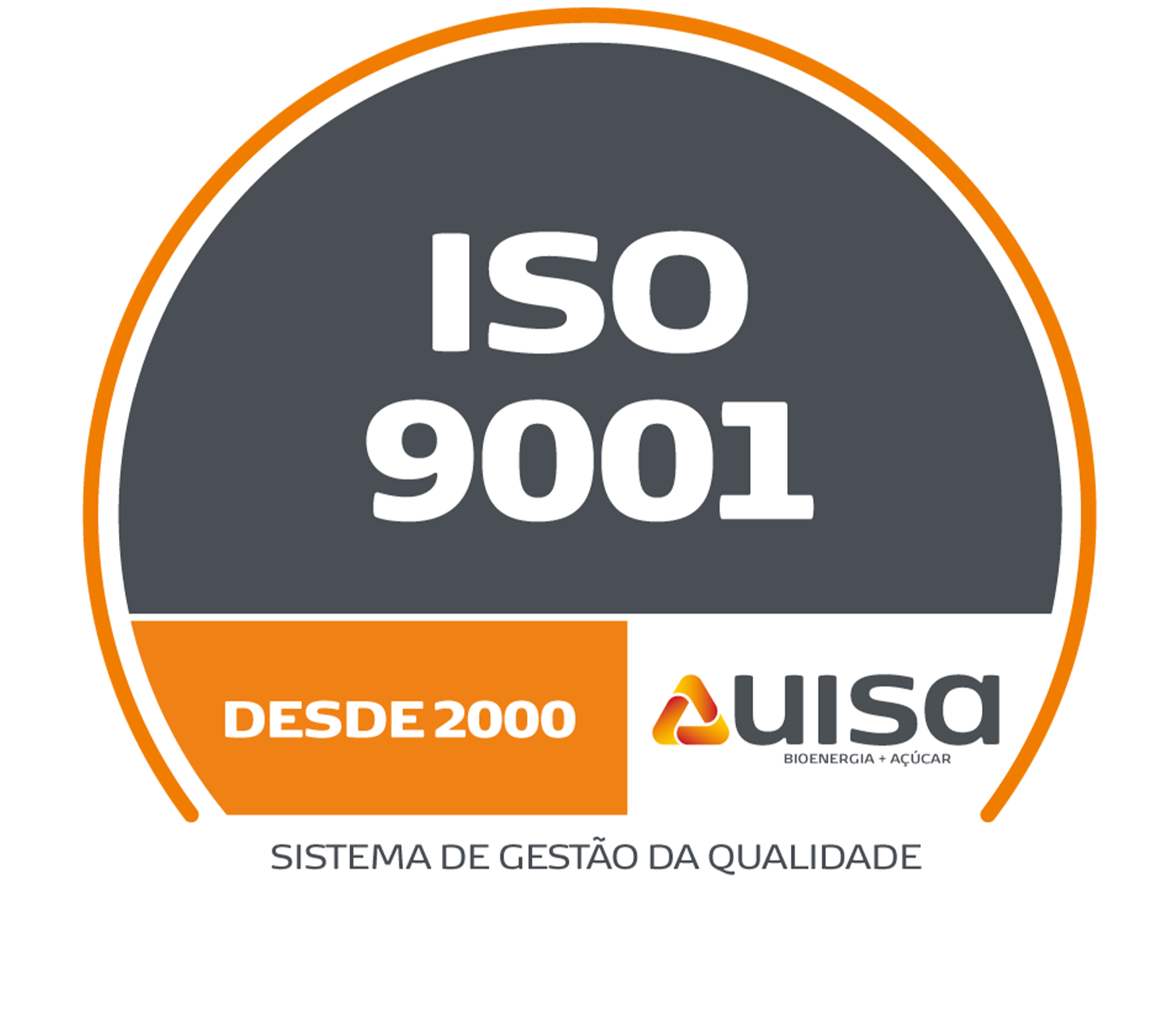
ISO 9001
Açúcar Itamarati Etanol Energia ElétricaA ISO 9001 é a norma que certifica o sistema de gestão da qualidade da empresa. A uisa possui ferramentas que garantem o fornecimento de seus produtos dentro dos mesmos padrões de qualidade.
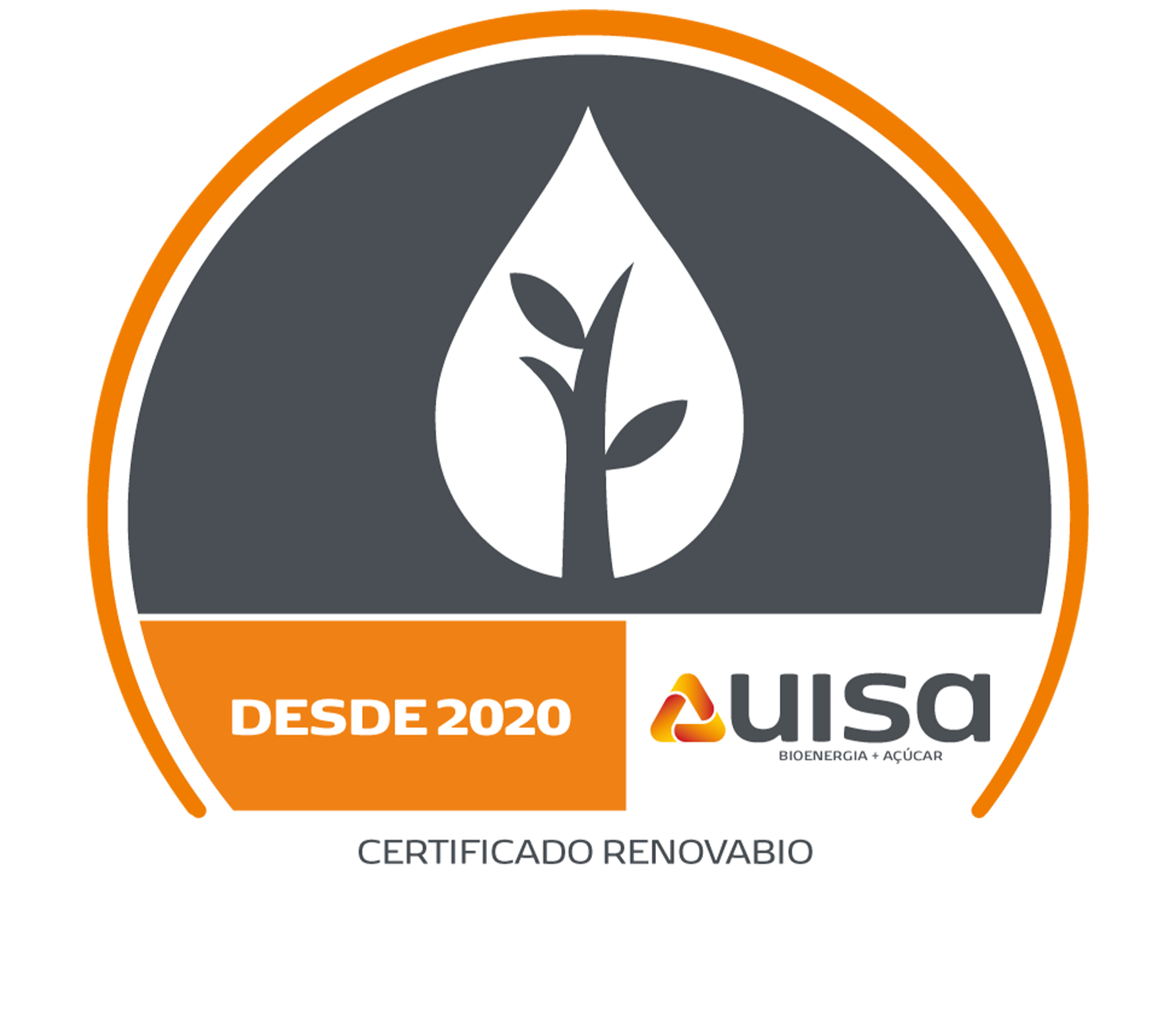
RenovaBio
Etanol CBiosA certificação visa reduzir emissões de CO2 na matriz energética do país, por meio de combustíveis renováveis. Ela permite que atuemos na emissão e comercialização de Créditos de Descarbonização (CBios).
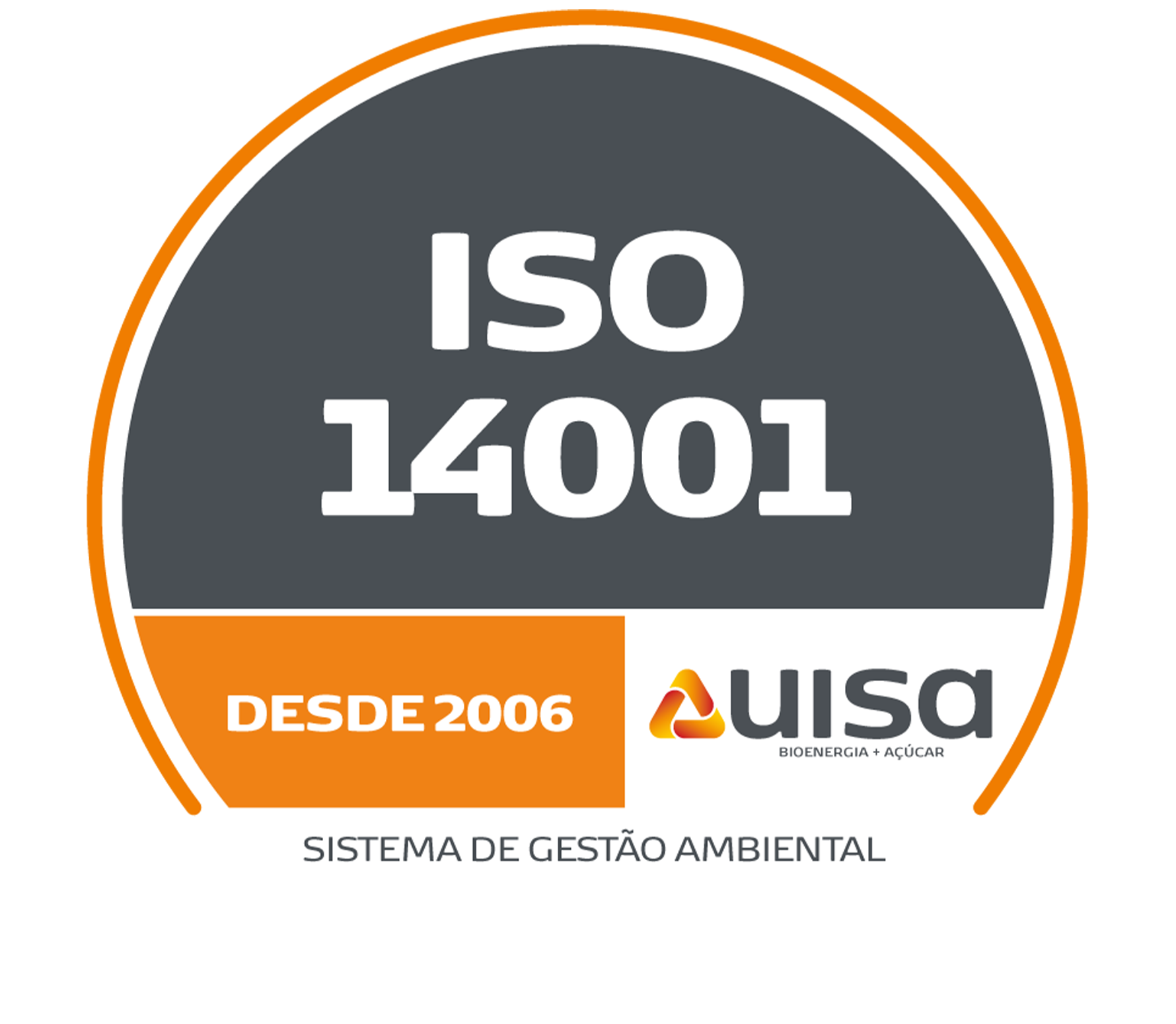
ISO 14001
Açúcar Itamarati Etanol Energia Elétrica Saneantes e Personal Care CBios Biomassa BiogásFomos a primeira empresa do setor sucroenergético mato-grossense a obter esta certificação. Ela atesta que estamos em conformidade com sua política ambiental e que o sistema de gestão ambiental (SGA) está implantado.
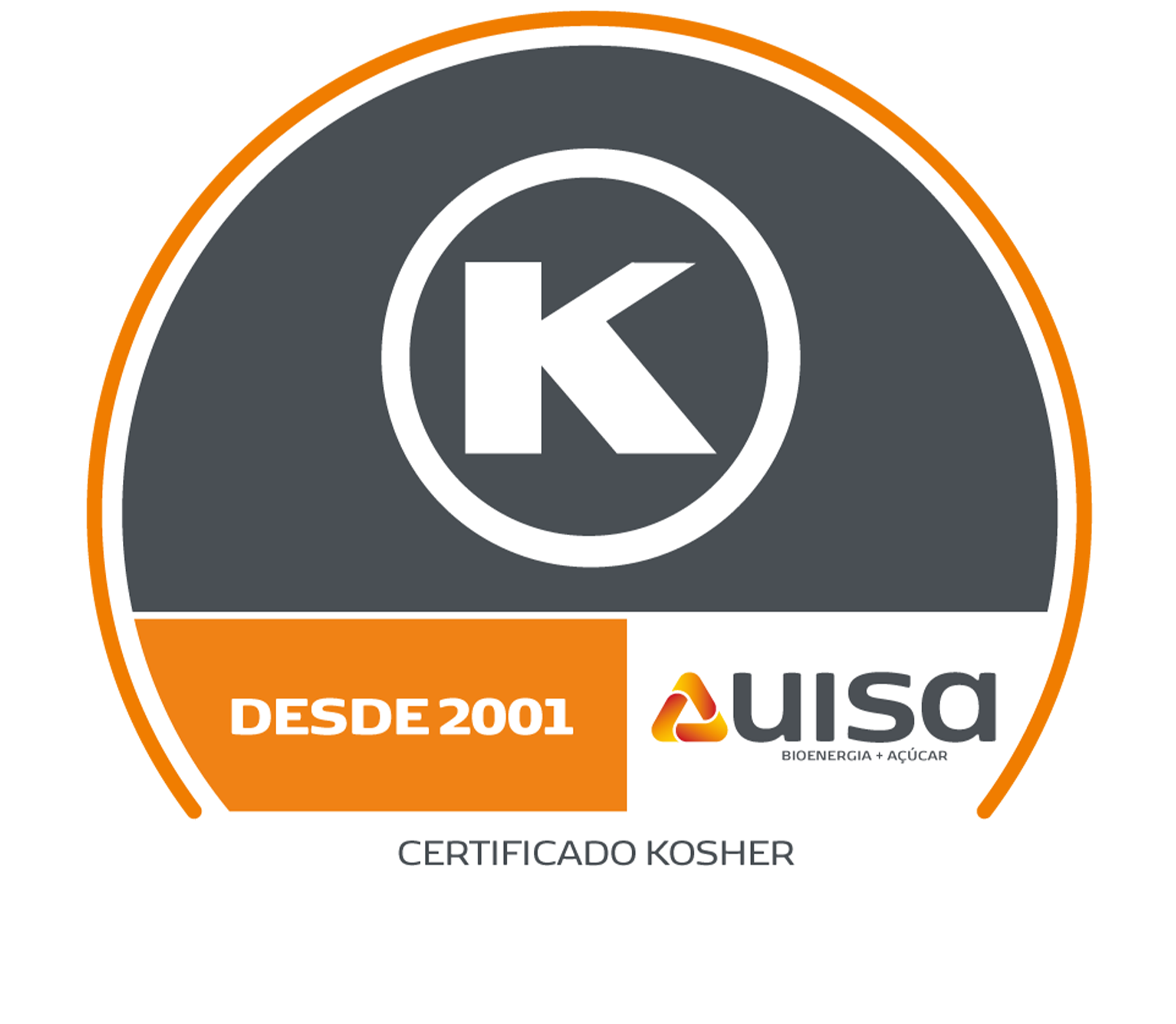
Kosher
Açúcar ItamaratiComprova que produzimos e transportamos nosso açúcar de acordo com as leis da religião judaica. Houve um aumento significativo no consumo de produtos com esse certificado também por estar associado a produtos de maior qualidade.
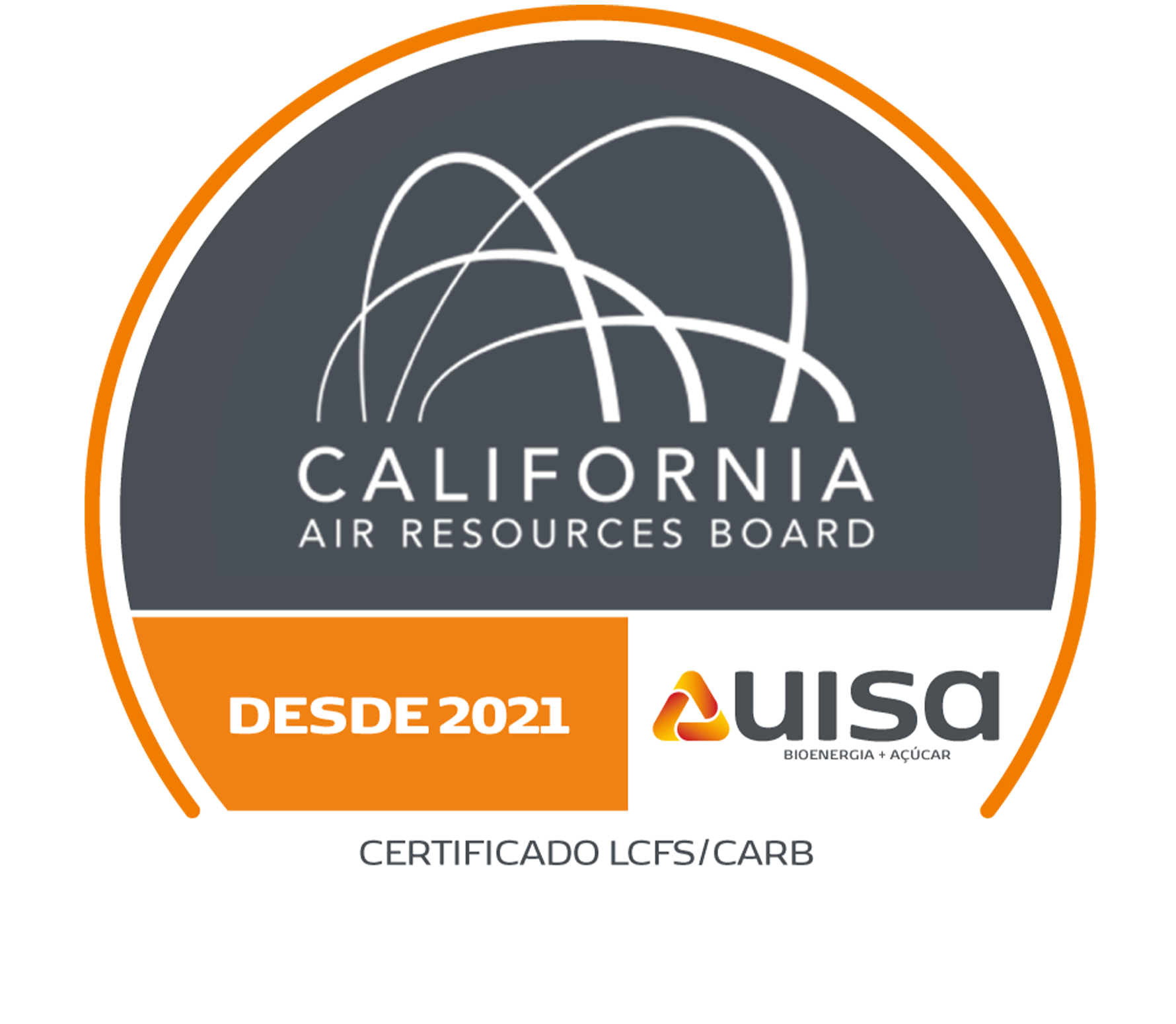
LCFS - CARB
EtanolO programa LCFS-CARB (Low Carbon Fuel Standard do California Air Resources Board), certifica que a nossa cadeia de produção de etanol se mantém alinhada ao Padrão de Combustível de Baixo Carbono.
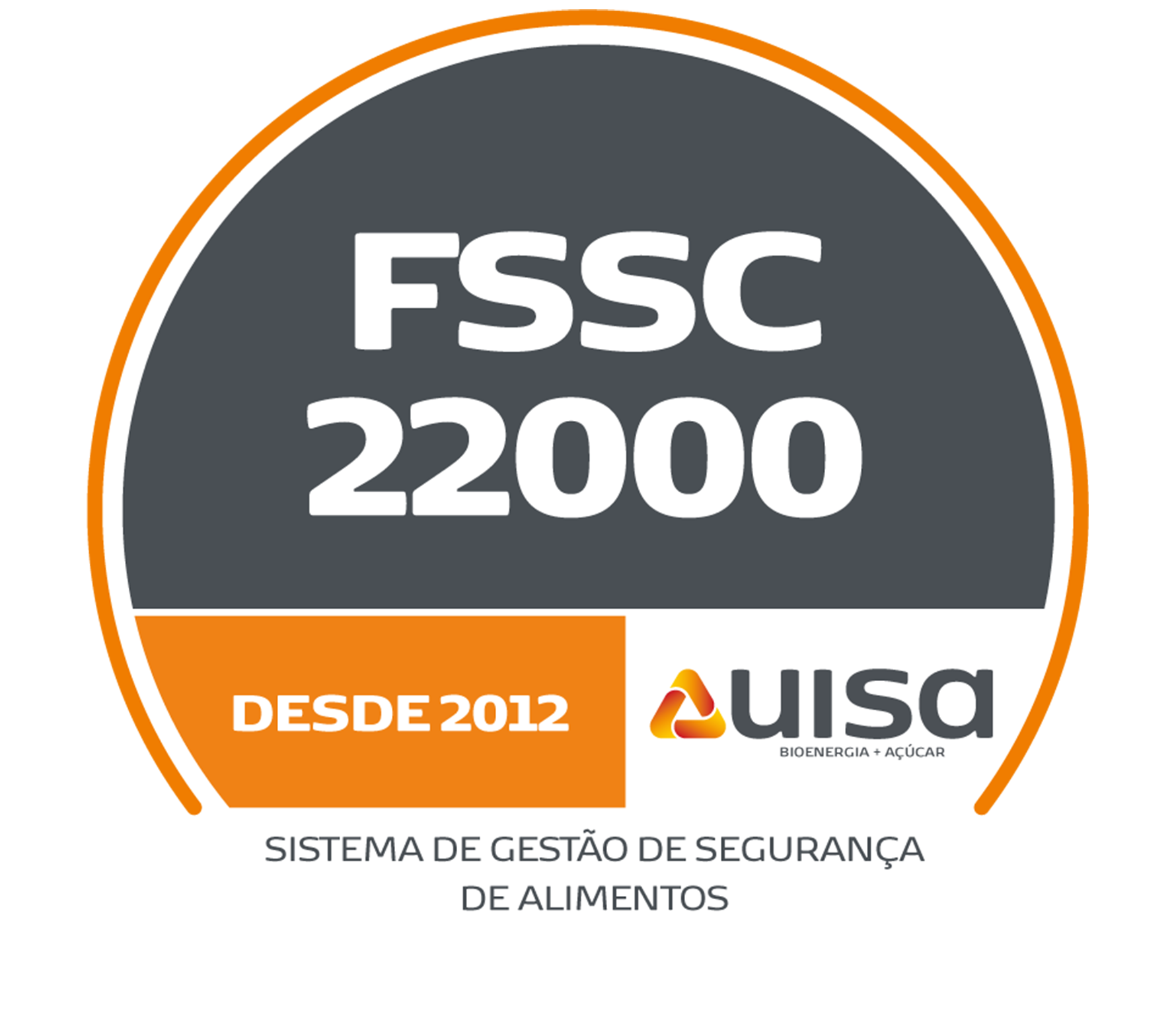
FSSC 22000
Açúcar ItamaratiEssa certificação internacional atesta a gestão adequada da segurança de alimentos e gestão de riscos em toda a cadeia de abastecimento, garantindo maior confiabilidade no fornecimento de produtos.
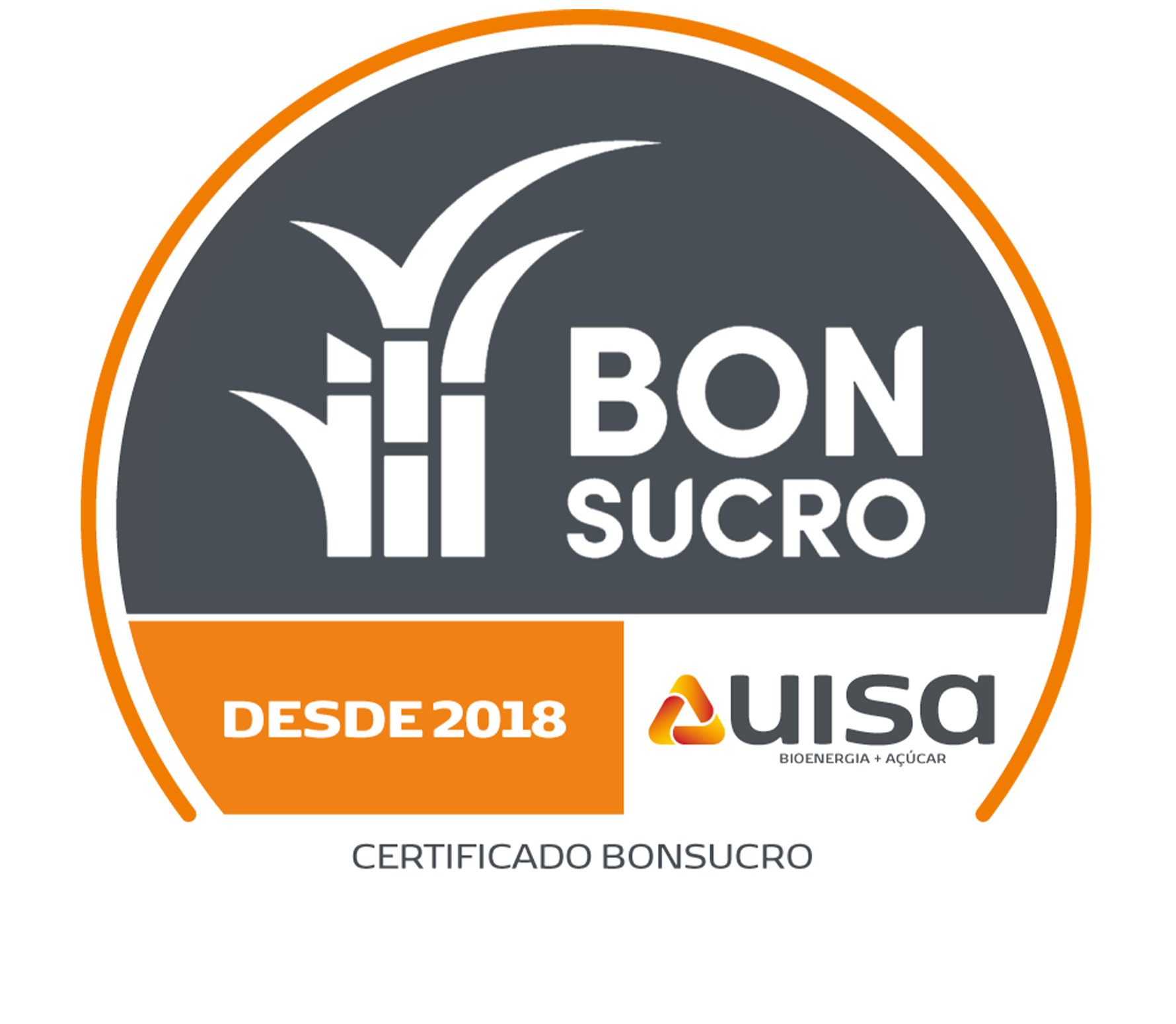
Bonsucro
Açúcar ItamaratiA certificação Bonsucro (Better Sugarcane Initiative) comprova a qualidade de produção e origem do produto, em consonância com o cumprimento de critérios legais, trabalhistas e ambientais.
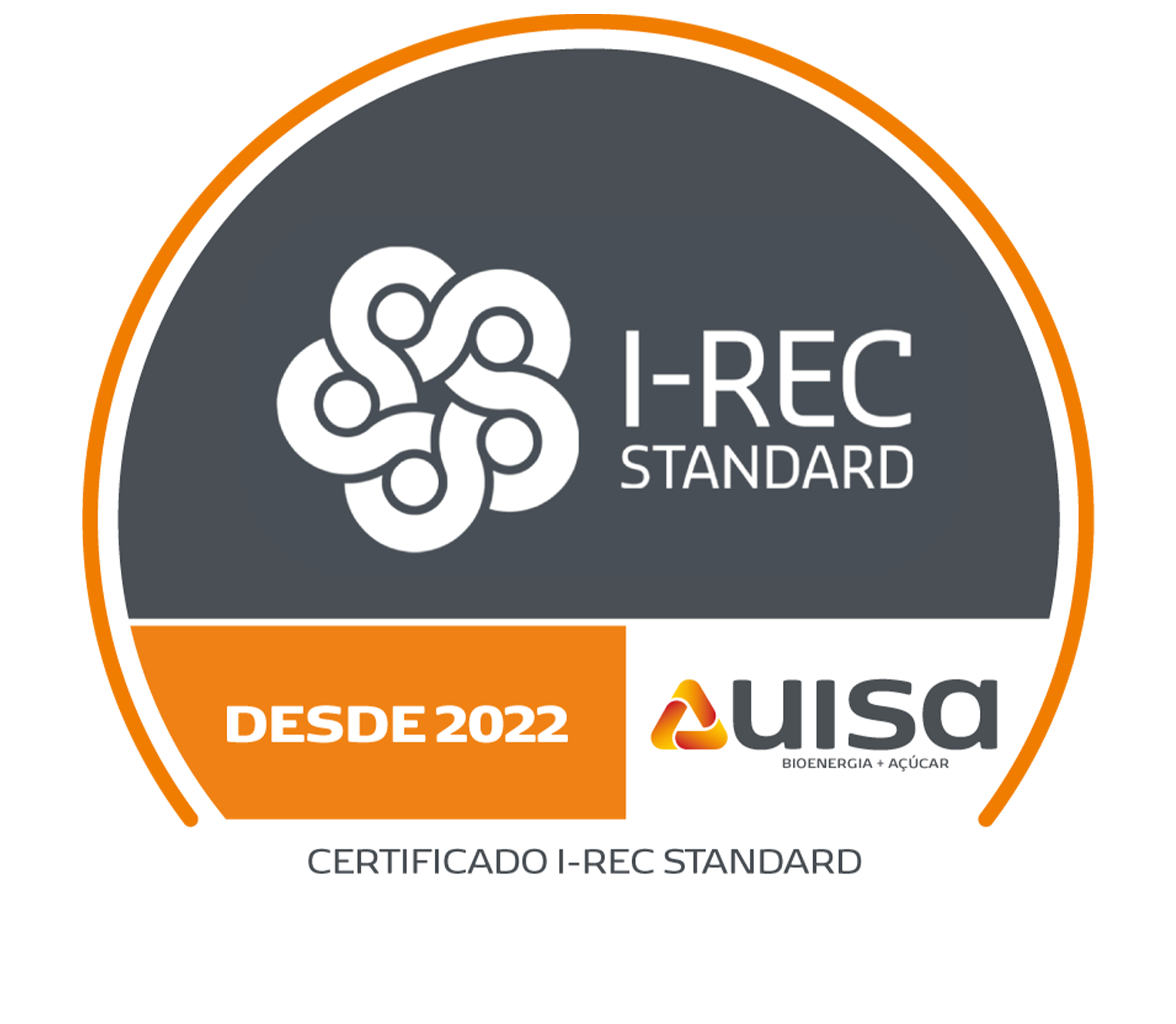
I-REC Standard
Energia ElétricaO International REC Standard (I-REC) atesta a nossa contribuição para a produção de energia renovável. O certificado também assinala o nosso engajamento com a diminuição de gases causadores do efeito estufa.
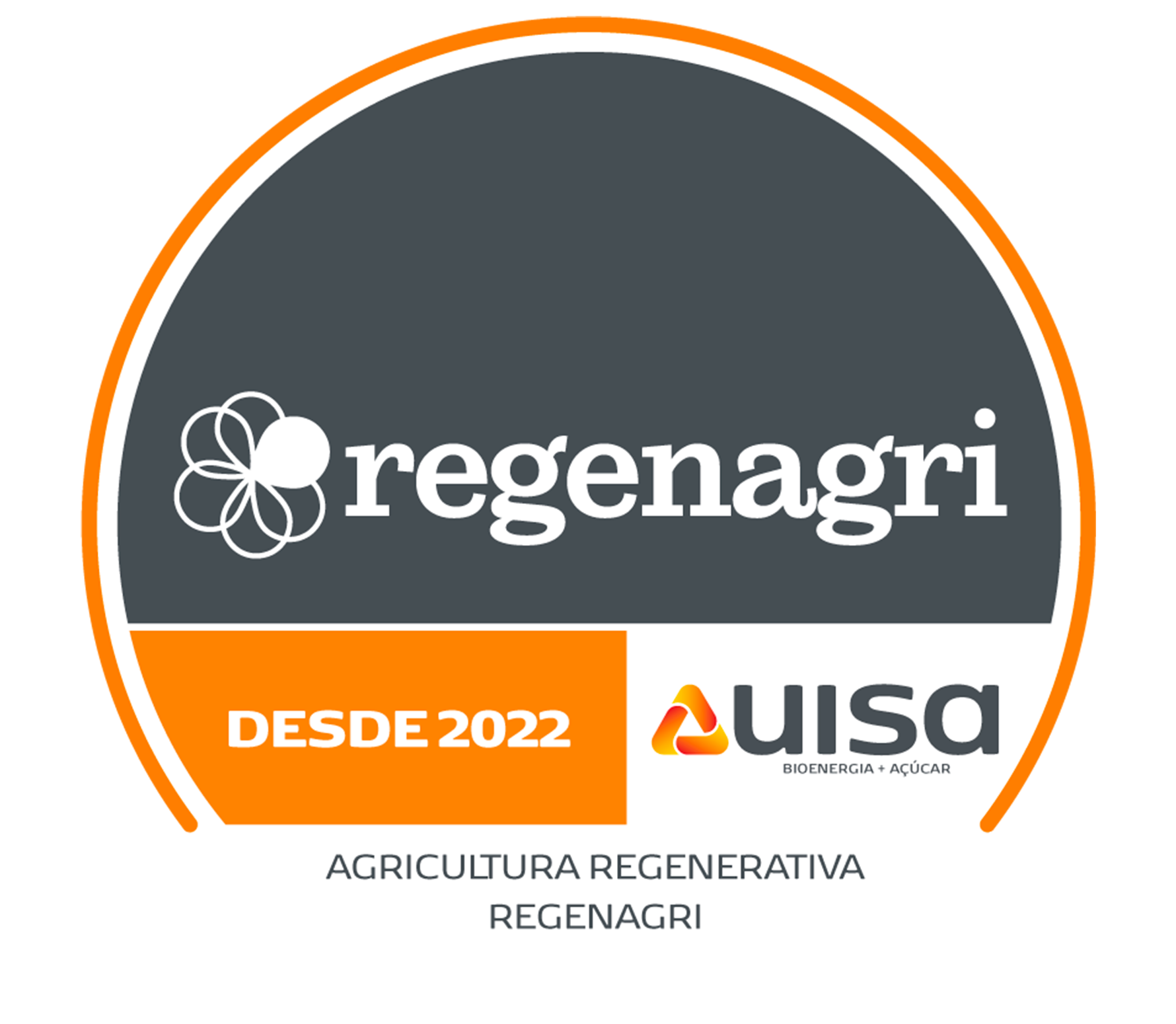
Regenagri
Açúcar Itamarati Etanol BiomassaFomos a primeira empresa brasileira do setor sucroenergético a conquistar a certificação Regenagri, que atesta a conformidade em nossas práticas agrícolas frente à agricultura regenerativa.
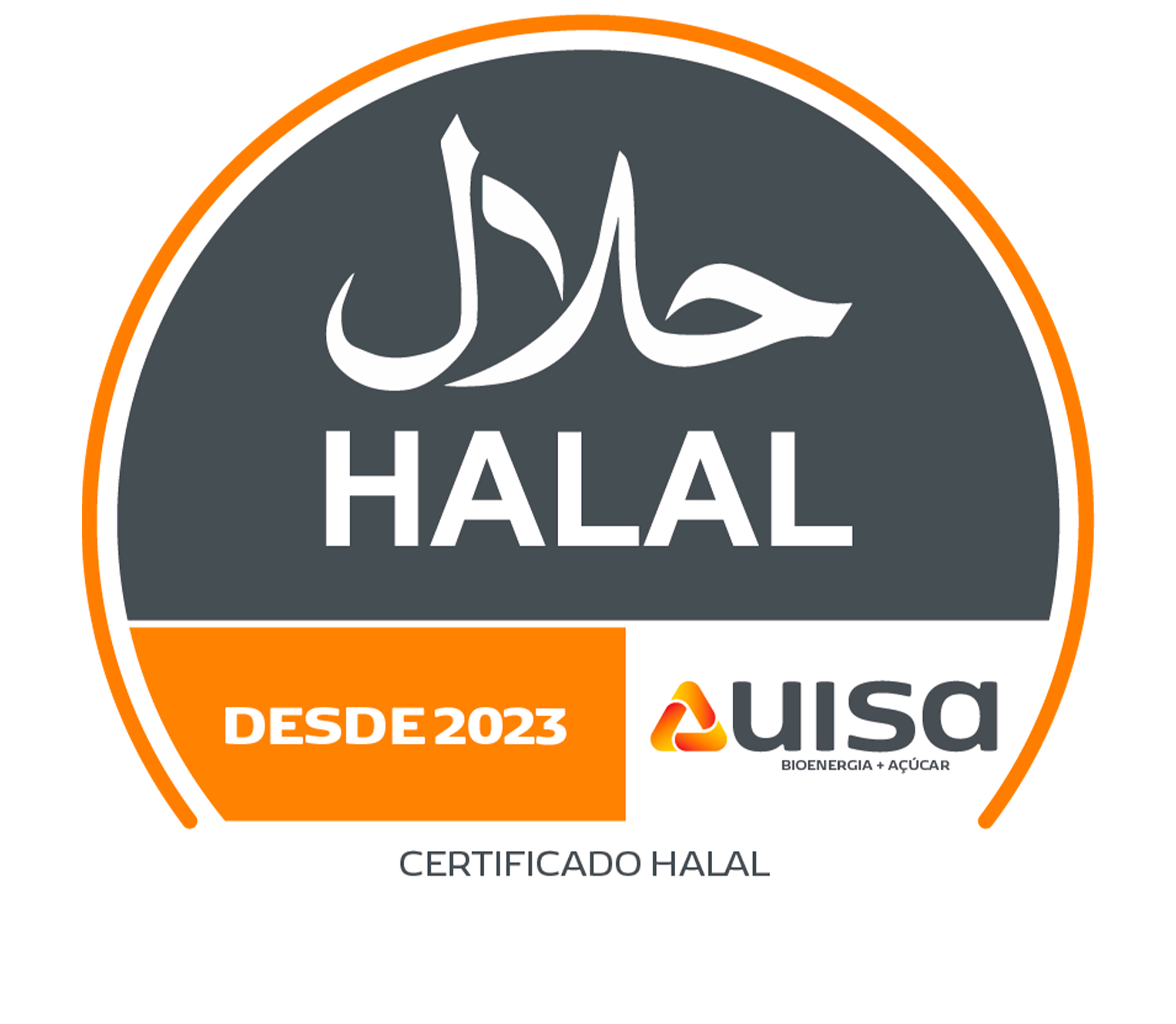
Halal
Açúcar ItamaratiEssa certificação atesta que o Açúcar Itamarati é produzido de acordo com requisitos legais e critérios da jurisprudência islâmica (Shariah), sendo de procedência confiável e apto para os consumidores muçulmanos.
Reconhecimentos

